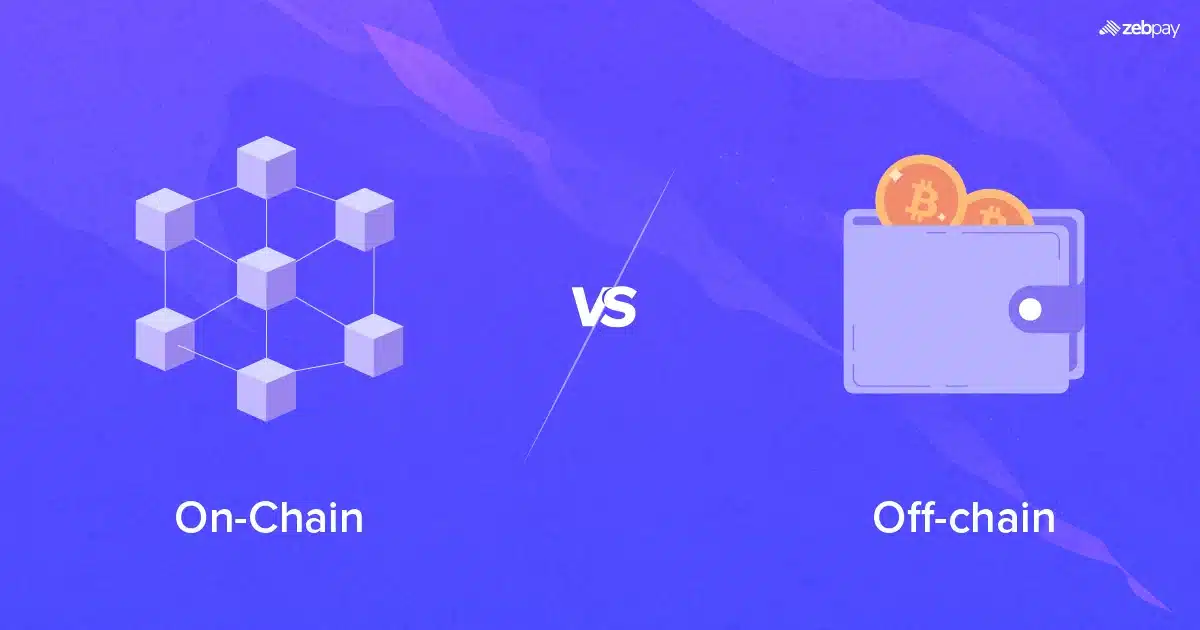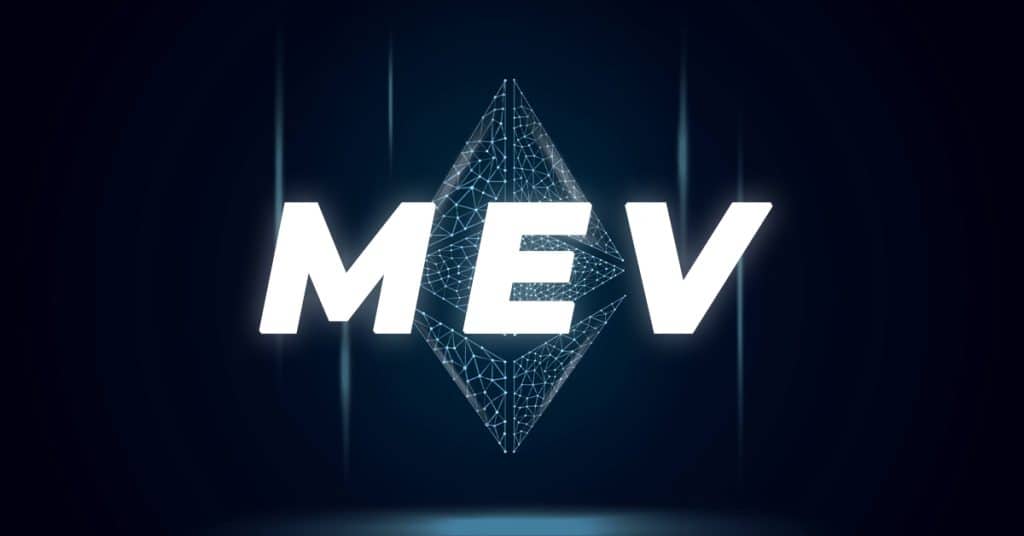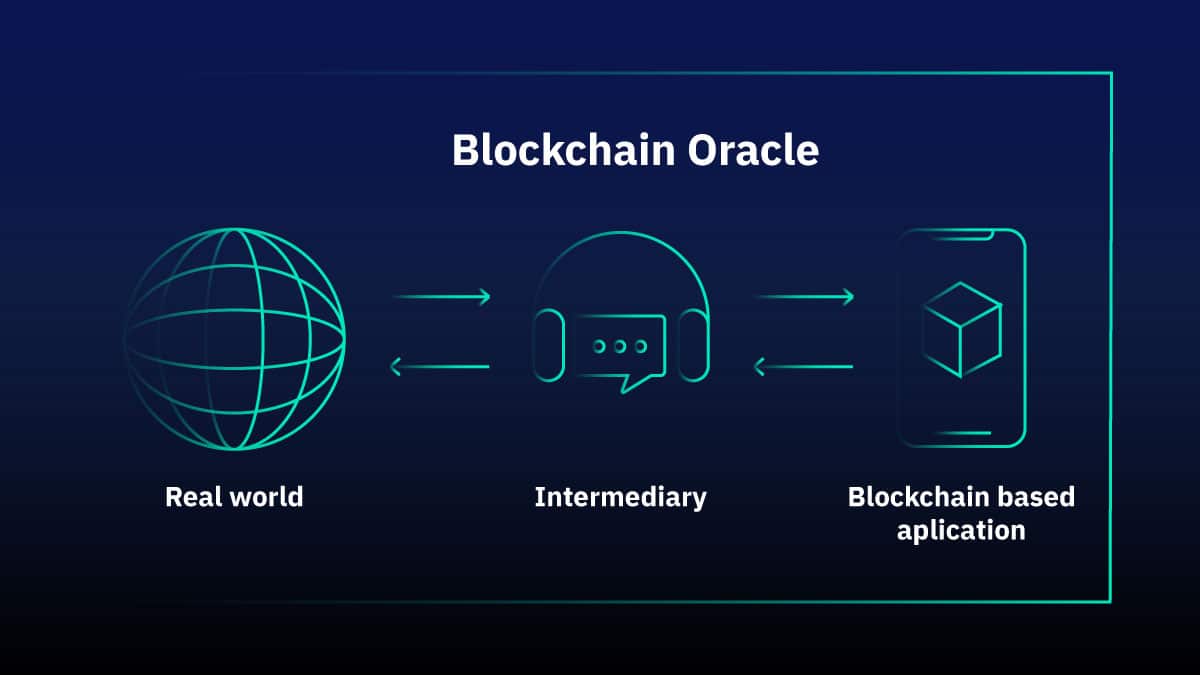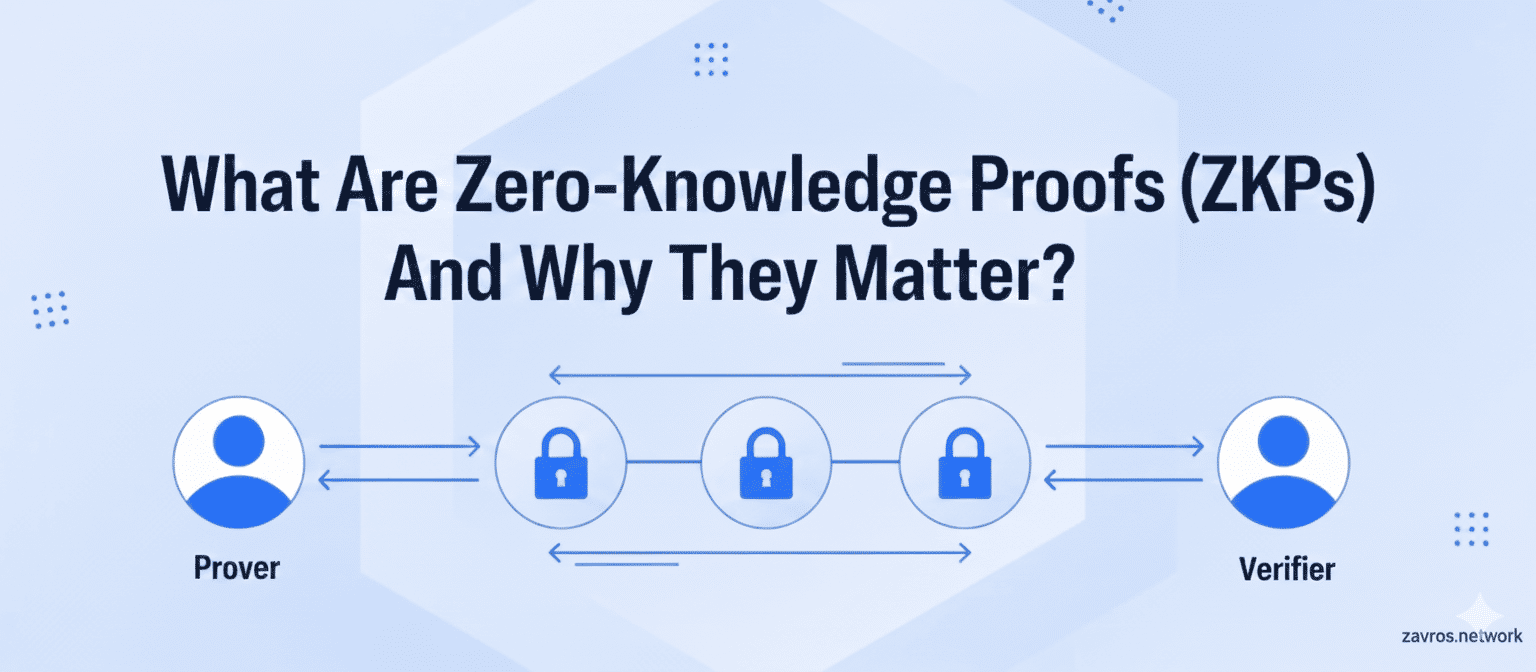Disclaimer: This article is for informational and educational purposes only. It does not constitute financial, investment, or legal advice. The cryptocurrency market is highly volatile, and you should always conduct your own research (DYOR) and consult with a qualified professional before making any investment decisions.
As we all know, blockchain is the future, and its integration into supply chain operations could be the next big thing in this sector. It will definitely make major improvements by creating transparency, trust, and traceability of goods in a proper manner. This collaboration is much needed for efficiency, collaboration, and accountability among different supply chain partners.
We have gathered an ultimate guide on how blockchain technology in supply chain management works. We will break down this guide into benefits, challenges, and use cases that are applicable in the real world.
What Is Blockchain in Supply Chain Management and How Does It Work?
Decentralizing the ledger through Blockchain technology for the supply chain helps to keep secure records of each transaction, movement of all goods, and their shipments.
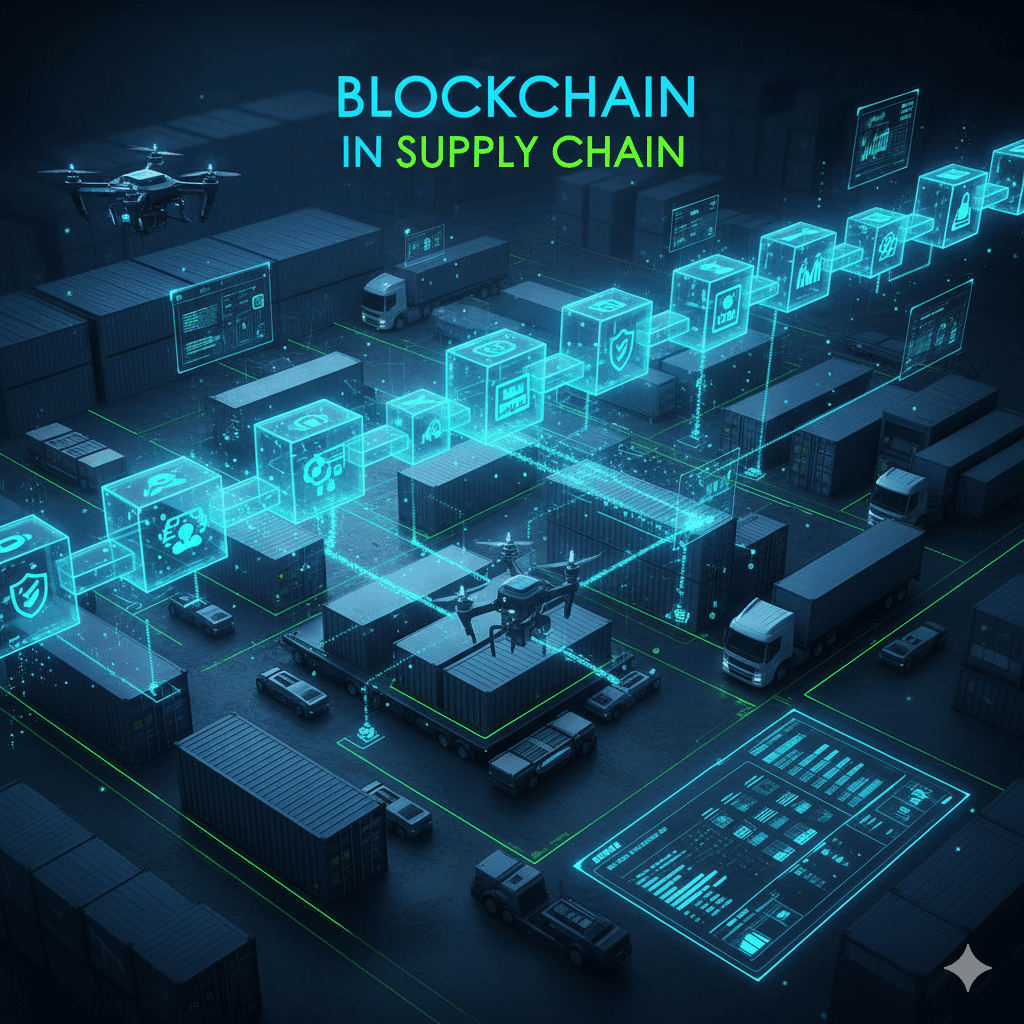
Here’s how it works:
- To make it work, it is important that all stakeholders that including suppliers, manufacturers, logistics providers, and retailers, should have access to a shared ledger. This will help them record each transaction easily.
- It should be practised that each new transaction is properly verified and added chronologically. It will help all stakeholders to create transparent information of goods with temper tamper-proof chain of information.
- The configuration of smart contracts will allow users to execute agreements automatically that include payment quality inspection and delivery confirmation.
- The system that follows all the above steps will provide users with a real-time view of the supply chain and ensure data integrity and accountability.
If all the above steps are followed properly and the essence of supply chain and blockchain integration is kept, it will remove all chances of silos, enable proper tracking of products, and reduce manual errors.
How Blockchain Improves Supply Chain Visibility and Trust
There is no doubt that if blockchain supply chain solutions are integrated properly, it will boost the transparency and visibility of business and build trust across the entire supply chain network.
- Traceability and provenance: This system makes sure that each transaction is recorded on the blockchain, which makes it easier to track the product journey from being a raw material to delivery.
- Transparency among partners: Each stakeholder will have access to a verified version of the platform for reducing disputes and discrepancies.
- Reduced fraud and counterfeit risk: It will help to prevent any kind of data alteration and fake products.
- Real-time monitoring: it allows users to monitor products in real time, including what is the shipping route, what is the product condition, and what will be its delivery time.
- Enhanced consumer trust: It will enhance the user trust through ethical sourcing and boost brand reputation via authenticity verification.
Just as Zavros Network uses blockchain to secure cryptocurrency transactions and maintain transparent digital records, supply chains use similar ledgers to ensure accountability, reduce errors, and eliminate fraud in the buying and selling of cryptocurrency.
In any market, building trust is important, and this level of transparency helps you achieve it and create a better supply chain ecosystem.
Key Benefits of Implementing Blockchain in Supply Chain Operations
There are multiple tangible and beneficial aspects of integrating blockchain and supply chain management.
- This integration will help you save costs and increase the efficiency of your business. Automation of transactions will reduce the paperwork as well as manual errors and decrease processing delays.
- It will help stakeholders to pinpoint the origin of goods, which will enhance the traceability and compliance to ensure regulatory standards.
- The encryption level of blockchain security is second to none; it will ensure that there will be no data tampering or deletion of records.
- It will benefit stakeholders by helping them collaborate better and improve coordination nd communication among them.
- It reduces the chances of risks and resolves any potential disruption and stops its escalation.
- The ability to prove ethical sourcing, sustainability, and quality compliance enhances both reputation and compliance.
The blockchain supply chain management is an ultimate solution that creates a foundation for better responsive operations.
Major Challenges of Using Blockchain for Supply Chain Management
A few challenges come along with the blockchain supply chain development system. Although these challenges are getting resolved day by day, organizations must still address them.
- Integration with legacy systems: Those ERP systems that already exist in the market are not compatible with blockchain technology. They need significant updates to comply with the blockchain network.
- Data accuracy: The accurate data entry is a crucial part; incorrect or fraudulent input of data will lead to misinformation. Blockchain is as reliable as the data entered into it.
- Scalability issues: The blockchain supply chain system will require high storage costs and delays if managing a large volume of data.
- Regulatory and compliance concerns: Legal frameworks for blockchain and smart contracts are still evolving in many regions.
Overcoming these challenges requires a structured approach, stakeholder alignment, and a well-planned pilot phase before full deployment.
Real-World Use Cases of Blockchain in Supply Chain Networks
Blockchain supply chain use cases in the real-time world are increasing day by day. This is a great example that how technology drives real results in all sorts of industries.
Product Authentication and Luxury Goods
To verify the authenticity of the luxury goods, the brand used blockchain technology. This will give them details about the authenticity and ownership history to ensure that the customer is receiving the genuine product.
Automotive Supplier Payments
It will help dealers automate supplier payment on verified deliveries and keep a quality check as well. It will help to reduce disputes and improve the efficiency of the business.
Blockchain and Internet of Things (IoT)
To control the quality and enhance product tracking, IOT industry uses sensors integrated with blockchain technology.
Meat Traceability (Food Supply Chains)
From farm to table, this industry keeps traces of meat product quality and safety. This leads to recall management and consumer confidence in the brand.
How Leading Companies Use Blockchain for Supply Chain Efficiency
All leading companies that are the global leader in their niche are already investing in the value of blockchain in the supply chain:
- Walmart is one of the biggest supermarket chain uses blockchain technology to track all food items and keep record of them with shelves and keep track of them.
- Maersk, as one of the biggest shipping companies, has digitized the shipping documents to cut administrative costs and improve the efficiency of trade.
- Nestlé and Unilever show the traces of ethical sourcing and their supply network details via blockchain.
- Pharmaceutical companies prevent counterfeit drugs and verify their authenticity with this technology.
These are some of the real-world examples that how supply chain and blockchain technology are changing the way of conducting business and making it cost-efficient and transparent.
Integrating Blockchain with Emerging Supply Chain Technologies (AI, IoT, and Cloud)
If you wanna see the true power of blockchain supply chain development, then combine it with other transformative technologies.
- AI and Machine Learning: This technology, when combined with a blockchain supply chain it will predict disruptions that will optimize routes and demand forecast of the future.
- IoT: In this area of tech, blockchain helps to collect real-time data and track goods properly.
- Cloud computing: The blockchain enables this technology for a scalable deployment and ensures that existing systems get integrated as well.
- Big data analytics: Helps in decision-making and offers some actionable insight via blockchain for risk management.
By merging these technologies, businesses can build smart, self-optimizing, and transparent supply chains.
The Future of Blockchain in Supply Chain Management
The future of blockchain technology in supply chain management points toward widespread adoption and innovation:
- The growth of data sharing in industry-wide consortium blockchains is promising.
- The sustainability and ESG reporting are now getting more focused o,n and blockchain tracks the proper carbon footprints.
- Enhanced interoperability between blockchain networks and traditional systems.
- The use of smart contracts automates the logistics, their compliance, and finance tracking.
- Integration with digital twins for real-time asset monitoring.
As adoption grows, supply chain management blockchain will evolve from a niche innovation to a global standard for transparency and accountability.
FAQs
What is blockchain, and how is it applied in supply chain management?
Blockchain is a decentralized digital ledger that is shared among all the stakeholders to minimize data tampering and increase the transparency and tracking of goods.
In what ways can blockchain improve supply chain operations?
Blockchain improves operations by automating transactions, enhancing visibility, reducing fraud, and enabling real-time traceability across multiple stakeholders.
How can blockchain increase transparency and traceability within supply chains?
All the action that is a necessary part of the supply chain, like production, inspection, and transport, is recorded properly via blockchain. This leaves no room for error.
How does blockchain ensure data privacy and security within a decentralized network?
It will restrict access to just authorized users and protect sensitive data from being tampered with.
About the Author
Alex Carter is an on-chain analyst and crypto strategist with over six years of experience specializing in protocol analysis, decentralized finance (DeFi), and on-chain security. After beginning his career in cybersecurity, Alex pivoted to Web3 in 2018, fascinated by the complex economic interactions within blockchain ecosystems. He has published numerous analyses on MEV strategies and their impact on users, advocating for greater transparency and the adoption of protective technologies. Alex is a firm believer in a security-first, research-driven approach to the crypto space.
